Thank Goodness Dogs Can’t Read
I was reading through the comments on one of the SAR groups listing and saw an entry where the writer was adamant that a handler should not lay their own tracks. It made me glad my dogs couldn’t read since I’ve been laying my own tracks for training for over 10 years and my shepherds have amazed bloodhound handlers at their ability to follow a scent.
It reminded me of when our son was an infant. My husband and I had read multiple parenting books but when the baby got there nothing we read match his actions. After one restless night, my sleep deprived husband asked me when we could teach our son to read so he would follow the books and we would know what to do.
That is not to say I am adverse to books. I highly recommend Sheila Booth’s “Purely Positive Training” and “Schutzhund Obedience: Working in Drive” which she wrote with Gottfried Dildei. A key text is “Search and Rescue Dogs Training Techniques, Training the Canine Hero” by American Rescue Dog Association. I am not getting anything for these recommendations, these are texts where I gained information and improved my handling abilities.
I also want to say, you can not learn how to do search and rescue from reading articles on line. You need to work with someone who is respected and experienced. You also need to understand that you may not be as ready to go into the field as you think. Look over the ARDA standards at www.ARDAinc.org they are not as easy as one would think.
We had one trainee that insisted he was ready to go operational so we ran a mock search, gave him a sector with a subject and sent him to work. He called in his location defining the UTM location down to the nearest foot. He furiously accused us of deliberately giving him an empty sector and wanted a ride back into base camp. When he got back in we had him repeat his grid location which he had written down. The location was the middle of a lake and we asked him if he’d had any trouble searching the open ice. We then suggested the next time he used his GPS instead of proving his map and compass capabilities that he match the instrument to the map datum. At that point he exploded, demanding to know why we had given him an empty sector. I took him out with a dog I had in training and I did not know where the subject was. She found the boy within ten minutes. He told us the other dog had approached him three times but never gave an indication to the handler. The handler left our team in a huff and joined another group that immediately sent him into the field as operational.
SAR training means:
• constantly looking to improve your skills,
• practicing to remain operationally ready,
• respecting and learning from the people who have gone before you,
• and not taking yourself too seriously.
Remember you aren’t the one who pays for your mistakes, it is the person you’re looking for that will.

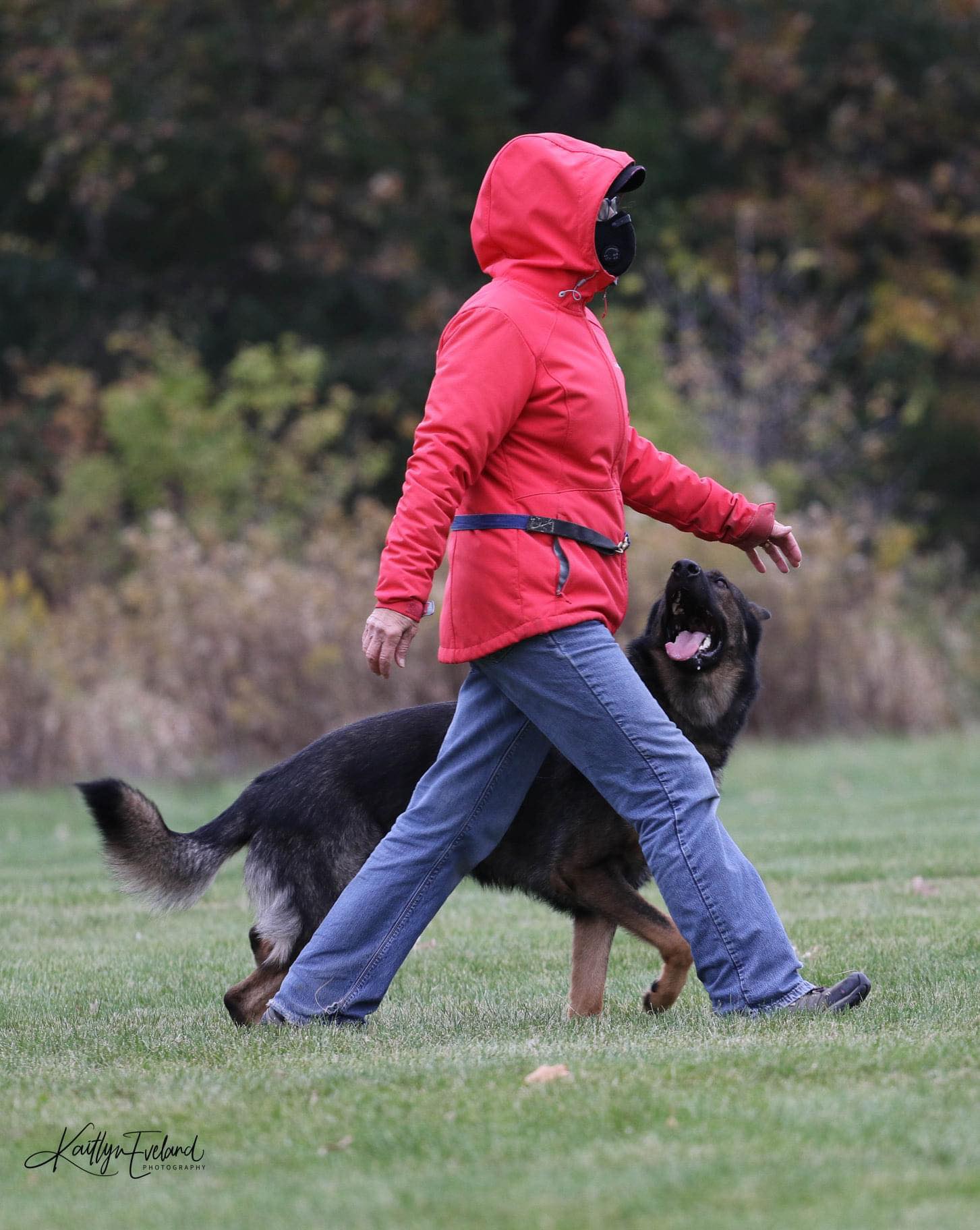
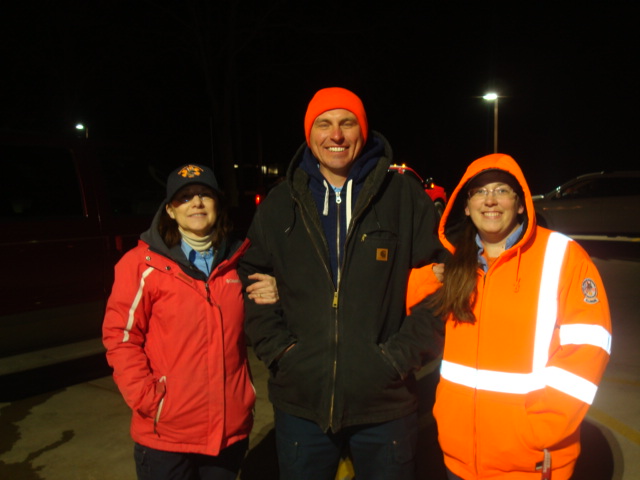
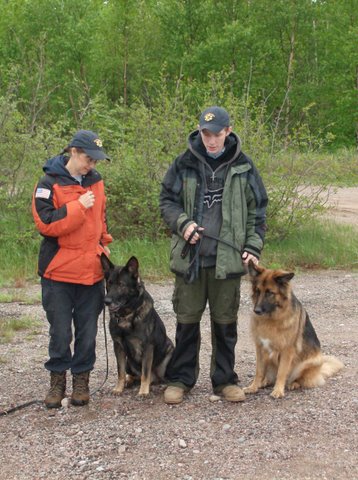
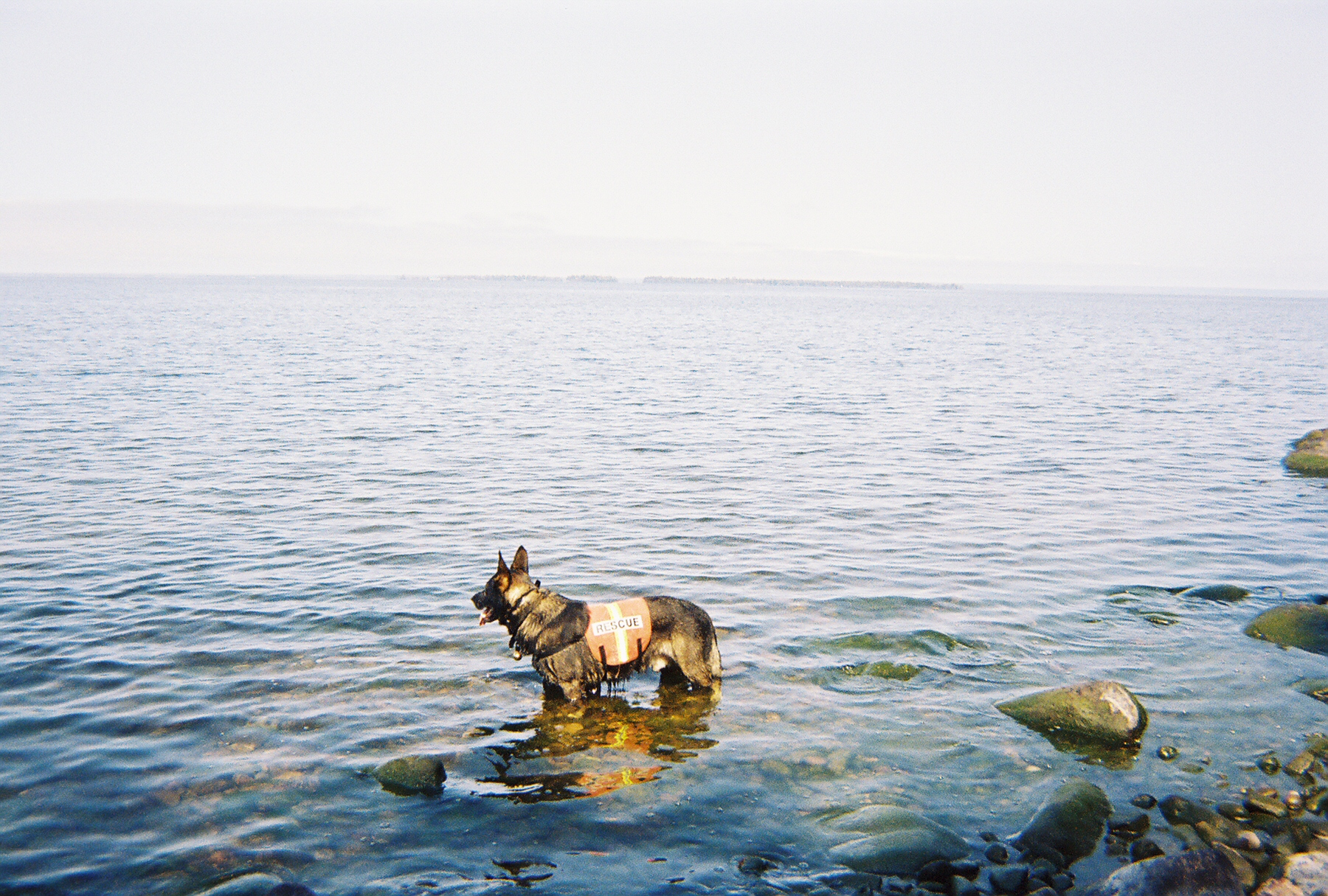
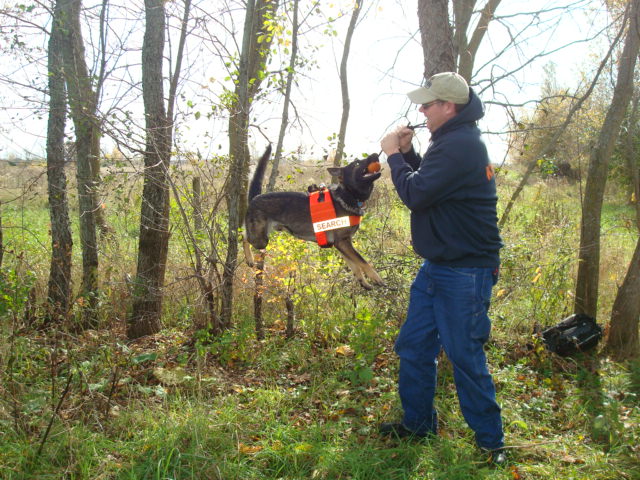
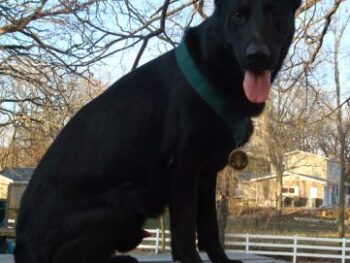
Keep posting stuff like this i really like it